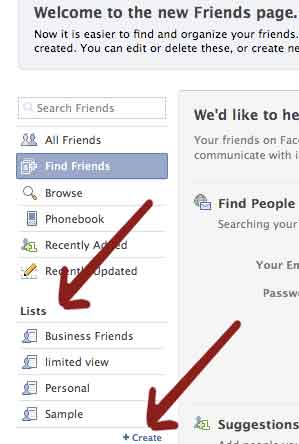Square Peg? Round Hole? Lawyers, In-House Counsel and Social Networks.
byA huge source of information about the law resides in lawyer authored blogs, says Rees Morrison, who blogs at LawDepartmentManagementblog.com.
Rees is a law firm management consultant. However, when it comes to finding management related content from in-house counsel, the story is a quite different. Social networks targeted to in-house counsel get most of their management [related] comments from non-practitioners.
“Having hosted for more than a year discussion groups on LinkedIn about law department management and on Legal OnRamp about legal department operations, I can attest that very few in-house attorneys either start topics or comment on topics,” stated Rees on his blog post of June 1, 2009.
I’m not surprised, at all. Why? Aside from factors such as time, confidentiality, and other resources, why do in-house counsel need to post on social networks? Don’t they get their information from, and exchange ideas with, their trusted advisers and staff? What does public discourse add to the equation?










